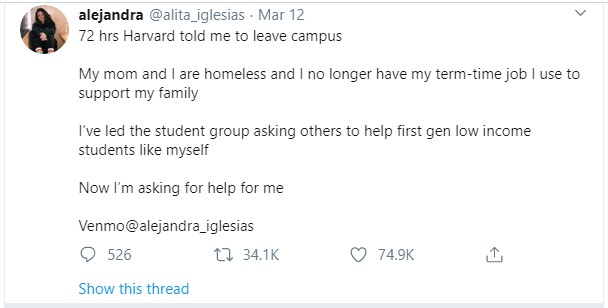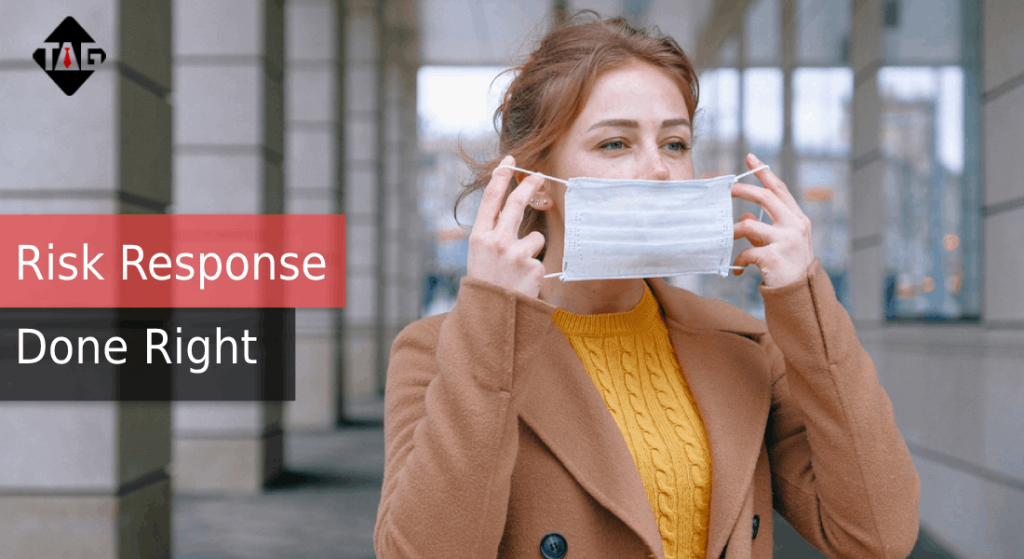The world is currently facing a pandemic that has the potential to be one of the worst of the century. Our risk management strategies are being put to the test. Some countries have gone into complete lockdown. Companies are requiring workers to work from home.
As days pass, each organization and geographic location learns valuable leadership lessons that will hopefully lessen the impact of this unfortunate event. Like most trying times, pockets of heroes will start to pop up.
Crisis Containment
South Bend Community School Corporation, located in South Bend, Indiana happens to be one of those heroes. With approximately 30 schools, it’s a moderate-sized K-12 school district serving almost 20,000 students. Like most school systems, it announced recently that it will be closing temporarily because of the current Coronavirus crises.
But this was no ordinary closure. School officials announced that schools will be closing on Tuesday March 17th and classes would resume online. From kindergarten through college, the United States has seen similar closures in many cities and states. There has been a substantial trickle-down effect with both positive and negative stakeholder responses. There are scores of college students claiming to be homeless after being kicked out of dorm rooms. Parents of school-age children are scrambling to find child care. Children receiving reduced or free breakfast and lunch are left wondering where their daily meals will come from. But not in South Bend.
South Bend school administrators announced that students would come to school on March 13th to prepare for the upcoming weeks. Each student would receive a Chromebook to attend online classes. They will also do a test run of the e-learning technology to be used while at home.
Because it is keenly aware of its stakeholders,the South Bend Community School Corporation realized that a portion of the student population does not have access to Wi-Fi and receives reduced or free lunch. This poses a serious problem for students who are now expected to attend class online and find alternative nutritious food options during the day.
How did the district handle these challenges? It all started before the coronavirus crisis. In December, the district equipped several buses with Wi-Fi so that students could complete homework assignments while traveling to and from school. According to local news reports, several students are taking advantage of the free Wi-Fi. In January, the district began placing buses in underserved communities on the weekends, thereby giving residents free Wi-Fi. Now, while out of school during the coronavirus crises, the district we’ll use those buses to provide free Wi-Fi during the day. And, they will serve food at select locations between 11 and 1 p.m. daily.
While facing a time of uncertainty, this school district has done a great job in identifying its stakeholders, anticipating their needs, and communicating a plan of action.
Crises Confusion
In contrast, there have been numerous stories of confused college students trying to manage within the madness. One that comes to mind is the homeless Harvard student Alejandra Iglesias, who on March 12th told the world via Twitter that Harvard was kicking her out of her dorm room. And because of this, she would lose her on-campus part-time jobs and she and her mother would be homeless.
First let’s acknowledge that social media gives everyone a virtual megaphone. Everyone can simply say what they feel. Those feelings may or may not be in line with facts. But those feelings definitely have an impact on your organization’s reputation.
Having worked in higher education for almost 15 years, I’m not certain how any college or university could completely clear its campus dorms of all students. Many have a significant number of international students. And because of travel restrictions, these individuals cannot go home. As a result, I would assume most universities have contingency plans for a small segment of students that might otherwise be truly displaced.
The optimist in me would like to believe it’s a communication issue. On one hand, I understand a university not wanting to take on the additional risks of housing students during a possible quarantine. On the other hand, what contingency plans were made for the students. Are there rental agreements with local hotels or apartment complexes? What about those who depended on meal plans for food? Every student will not be able to simply go home to Dad and Mom.
Now, thinking about the South Bend situation, they put a lot of forethought into their stakeholders. Great care was taken to make sure they were taken care of holistically. So I decided to visit Harvard’s Coronavirus website to see if it provided any additional context or clarity for students. Unfortunately, I saw no information geared towards helping students in this time of need. Again, the optimist in me would like to believe that there is some sort of internal student portal with information.
But back Alejandra. She has taken to twitter to announce that she received emails from school administration and they are not happy with her tweet. But this occurred after her story made it to The Daily Mail. And I wonder if others in the same situation will get the same advice and level of attention. Bear in mind, in no way am I saying that anyone is purposefully shirking their responsibilities. Nor am I saying that Alenjandra is accurate in her account of events. What I am saying is that there is a lot of confusion in the midst of this crisis caused by communication.

What do good risk responses done look like
There is no intricate detail formula for what a good risk response looks like. But, there are characteristics that a good response will contain.
Have a risk response
The fact that you have a response says something. The South Bend School District was quick to address the issue, but their response was more than words. It was actionable. And that action represented a collaborative effort.
Communicate expectations
Again, the South Bend School District held classes on Monday where they communicated what was expected while taking online classes at home. They took it a step further and demonstrated the software to be used. So everyone should be clear on the expectations from the school district during the time they are at home.
Answer common questions
Whether it’s, “How am I going to access the internet?” or “Where am I going to eat during the day?”, the South Bend School District had it covered. They anticipated their stakeholders needs and attempted to address them.
Demonstrate forethought
Your organization’s risk response does not have to be perfect. That would be an unreasonable expectation, but at least appear to have given some thought to your actions. If things don’t go as planned in South Bend, I’m sure many will still applaud the thoughtful effort and care taken to provide for its student population.
Conclusion
This is not the first nor will it be the last incident that will cause organizations to exercise sound risk management while continuing operations and protecting stakeholder interest. We will all learn lessons from this one and get better. No one is expected to be perfect. And I believe a good risk response should be to have a response, communicate expectation, answer common questions and demonstrate forethought.
I’d love to hear your comments. If you like this article, there are quite a few buttons on this page to help you share it.
Need training, auditors, or business consultants? Here are few resources.
- CRisk Academy offers online training. You might even see some courses from yours truly.
- Also, we have online courses and books and apparel in our store.
- If you need custom online training. Let’s talk.
- Looking for fast efficient auditors to supplement staff? Let me know.
- Need a QAR, shoot me a message.
Check out my book, Business Bullcrap – Craptacular Counterproductive Practices that Kill Cultures and Pummel Profits. It’s not about auditing, but rather bad business behaviors and their effect on the organization.
REFERENCES

